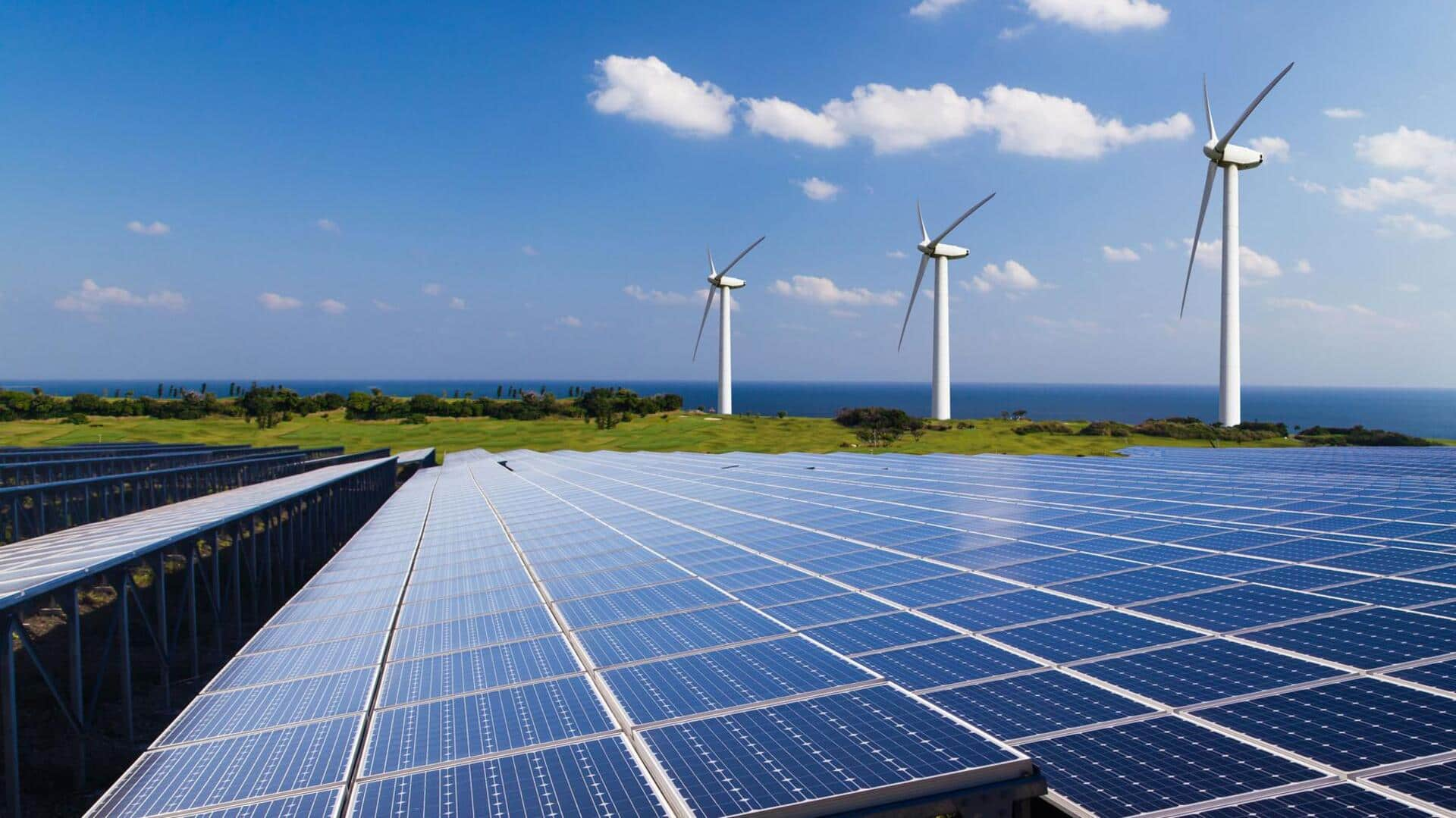
US government concerned about dependence on Chinese lithium batteries
What's the story
The US Department of Homeland Security (DHS) has raised concerns over the security risks posed by Chinese lithium batteries. An internal report circulated in August, flagged the economic dangers of using these batteries for utility storage. The DHS warned that this dependence could jeopardize efforts to create a secure supply chain in the US.
Accusations
DHS report accuses Chinese firms of creating supply chain dependencies
The DHS report, first obtained by Property of the People and reviewed by WIRED, claims Chinese companies are using state support to penetrate the US utility battery energy storage industry. This, it says, is a way to create supply chain dependencies on China. The report specifically names Contemporary Amperex Technology Co. Limited (CATL), Build Your Dreams (BYD), and Ruipu Energy Co. Ltd. (REPT) as beneficiaries of this state support.
Market dominance
Chinese firms dominate global energy storage battery market
Currently, CATL and BYD dominate the global energy storage battery market, holding 40% and 12% market shares, respectively, according to South Korean energy research firm SNE Research. The report also added that eight out of the top 10 companies in the industry are Chinese. This leaves little room for alternatives for those looking to develop grid storage facilities.
Denial
CATL refutes allegations of state support
Responding to the DHS report, CATL spokesperson Fred Zhang denied that the company has depended on state support for its success. "CATL has achieved tremendous growth through continuous innovation, farsighted strategic planning, and a commitment to high-quality products at a reasonable cost," Zhang said in an email statement to WIRED. However, BYD and REPT are yet to respond to WIRED's request for comment on these allegations.
Dependence concerns
US government's concerns over dependence on Chinese batteries
The US government is growing more concerned about how domestic utility firms could become too dependent on Chinese batteries for energy storage. Over the past few years, the US has been trying to catch up in the battery game with a number of measures. The Inflation Reduction Act and the Bipartisan Infrastructure Bill have provided investment tax credits, and other economic incentives to boost energy storage capacity in the country.
Production boost
US government's efforts to boost domestic battery production
In September, the US government had also set aside an additional $3 billion in incentives for projects to boost domestic battery production. The DHS report indicates that Chinese firms are eyeing these US incentives to further expand their market share. However, CATL has denied this allegation saying that it "does not receive any US federal or state incentives."
Production leadership
Chinese firms lead in lithium battery production for renewable energy
As US utility grids add more renewable energy sources like solar and wind, building a robust battery storage capacity becomes critical. Chinese companies have long dominated the global industry of producing lithium batteries for the purpose. These firms manufacture over 80% of the world's EV battery cells, and have planned to invest another $2 trillion into new production capacities inside and outside China.